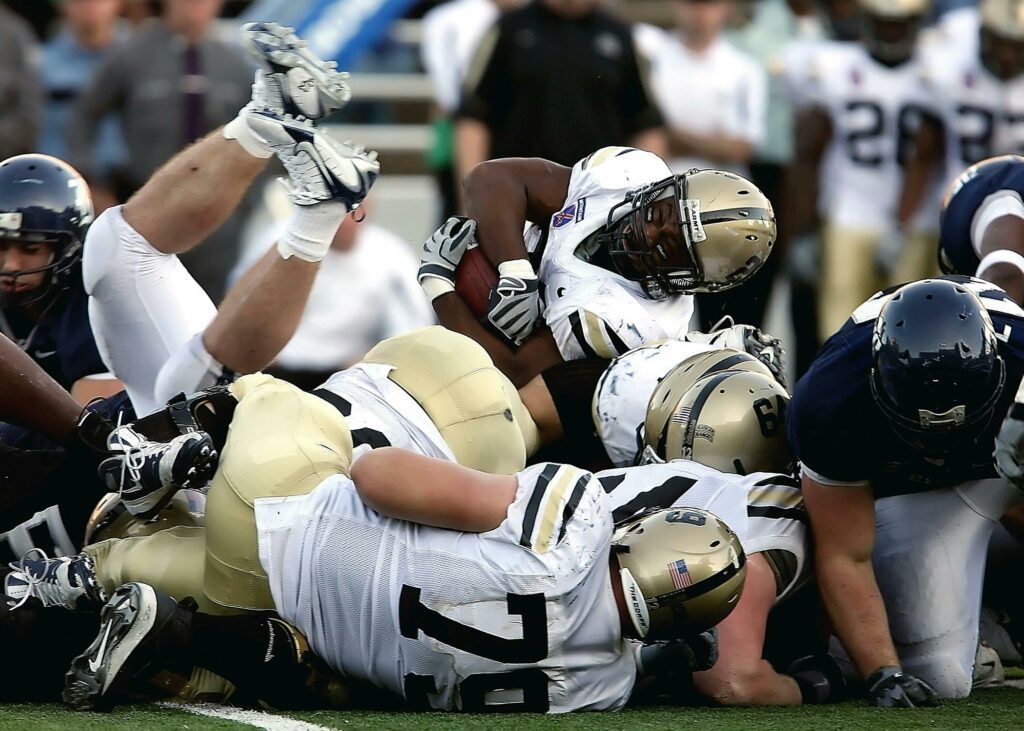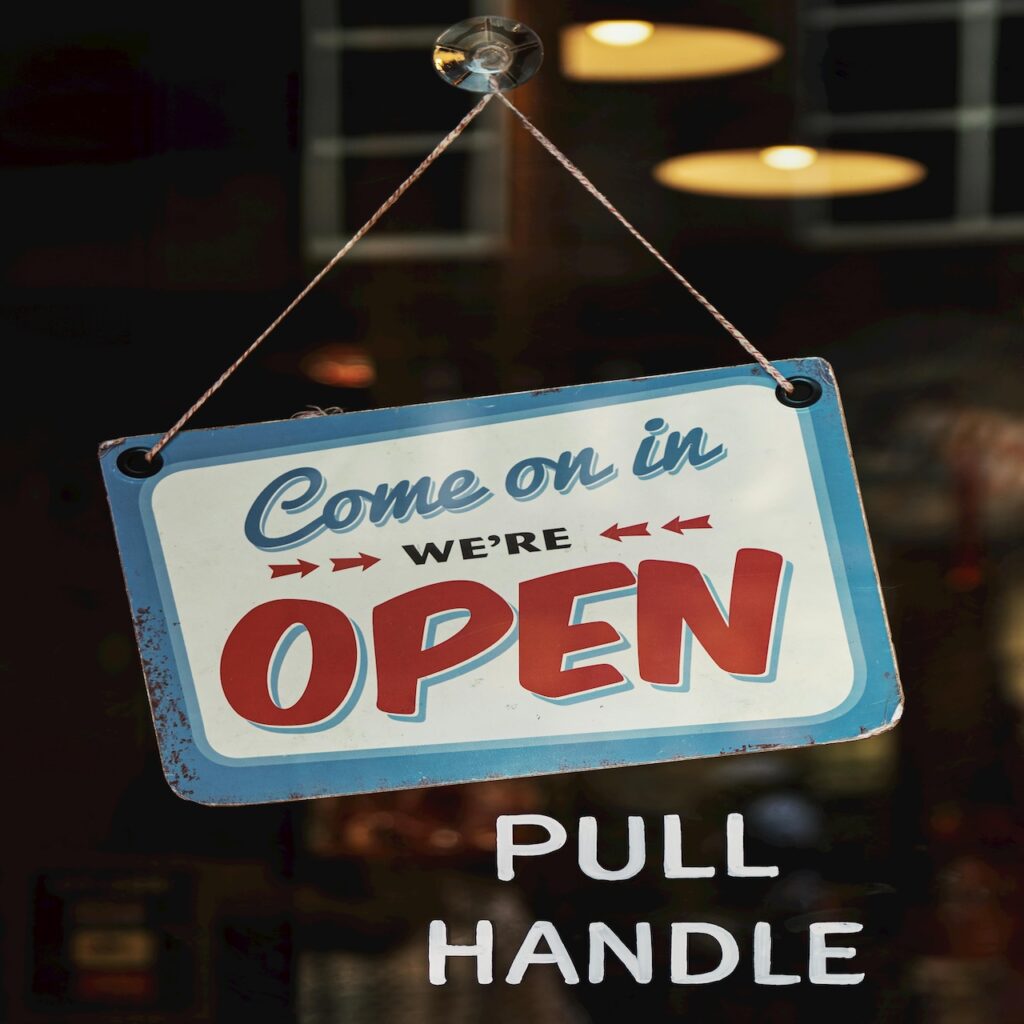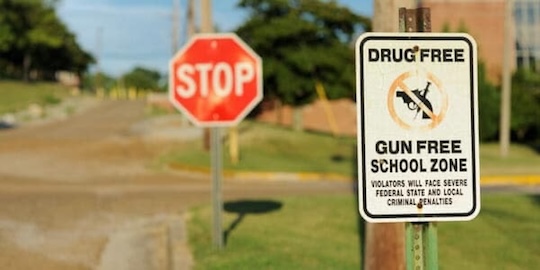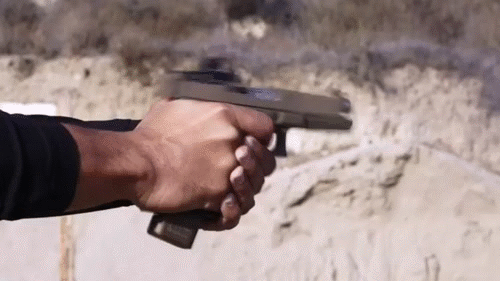On March 7, 2024, the Governor signed into law South Carolina Constitutional Carry, which essentially means that if you are legally able to own/possess a firearm in the state of SC, you are now able to conceal or open carry without an SC Conceal Weapons Permit (CWP), or any additional government approval through South Carolina Law Enforcement Division (SLED).
South Carolina Constitutional Carry and the reasons why you should still get a CWP.
The law is great news because, after years of failure to get Constitutional Carry passed in SC, it finally happened this year. It isn’t a clean bill, meaning you can be treated differently if you have a CWP vs. if you’re carrying under the Constitutional Carry law. My guess from reading justifications from other states that have passed constitutional carry is that in the eyes of the state, going through the process and training to receive a CWP shows that you are a more responsible gun owner than someone who does not.
For example, there are still extra “penalties” for not having a CWP if you are convicted of a crime involving a concealable weapon. I know most law-abiding folks think this doesn’t apply to them since they never plan on committing a crime, but the incidents of these last few years should tell you that even if what you did in your eyes was justified, it’s never clear-cut, the law is not blind, and justice is not always just.
Reason #1 – Training
The first reason why you should still get a CWP is the training. There is a huge difference between owning and firing a pistol at the range or having one at the house versus actually carrying the same firearm in a holster to defend your life or that of a loved one.

Typical concealed carry training is a review of state laws and statutes regarding stand-your-ground laws, prohibited areas to carry, storage, self-defense laws, etc…which is very important. Even though we are now free to carry a firearm on our person, that right is not without restrictions. There will always be restrictions.
You cannot carry in:
- Government buildings (i.e., federal buildings, police stations, courts, correctional facilities, post offices, etc…)
- Polling locations during elections
- Airports
- Businesses that do not allow weapons or if you are asked to leave because of your firearm, regardless of a sign
- Medical centers (i.e. hospitals, clinics, doctor offices, places where medical procedures are performed)
- Churches
- Schools and school events




The first 3 locations are non-negotiable. I think you can understand that if you walk into a government building or airport with a pistol on your hip, you’re going to be looking at some charges. Polling places may not be as obvious, but firearms are not allowed there either. The latter four locations may allow you to carry concealed with a CWP, but you must ask permission. Although the law does not require it, my suggestion is to ask for written permission from someone who has the authority to grant the request versus just getting verbal approval. As we all know, if there’s an issue, written documentation is generally always more effective than relying on the “he said/she said” argument.
With that said, let’s start with polling places during elections. It can get complicated because, as most of us know, oftentimes polling places are schools, churches, etc…but even if you received permission to carry concealed from your pastor during church services when that same church becomes a polling location, your permission from your pastor is no longer authorized. The same would apply in the case of a school or any other place that is temporarily used for election purposes.
CWP Training by Itself May not be Enough
As important as it is to know the laws, most concealed carry courses do not actually teach, in any useful detail, how to carry concealed and how to draw from concealment. If you are a firearms enthusiast and compete in firearms matches, are a former law enforcement or MP, that may be enough, but for most, it is not. In my classes, I’ve decided to offer more than the typical “check the box” style class and actually teach you to draw from concealment and go over the pros/cons of different carry methods and the day-to-day nuances of having a pistol on your body.
I’ve carried a pistol for most of my adult life and professionally for over 26 years. 16 of those years were in a covert capacity, working in extremely non-permissive environments. Said in another way, I had to be really good at concealing a firearm in order to be good at my job, so I make it a point to pass on that knowledge if you take one of my classes so that you can learn from my mistakes and shorten your learning curve.
Reason #2 – Reciprocity
The second reason why you should still get a CWP is because of the reciprocity it gives you with other states. Even in states that also have passed Constitutional Carry, some of those in-state laws apply only to residence of that state. You, as an out-of-state visitor, may carry under their constitutional carry law but may have additional restrictions. These nuances and exceptions are the reason why doing your research before crossing state lines is so important.
The topic of resident versus non-resident CWP is also relevant because fewer states recognize non-resident firearms permits. A common example of an out-of-state CWP would be if you were in the military and stationed at a location different than your home residence. Currently, there are over 30+ other US states that recognize SC CWP permits.
With that said, it is still the individual’s responsibility to know the laws of the state(s) a person will be visiting or traveling through because I can guarantee you that although there will be many similarities between states, there will also be key differences from SC laws. To be on the safe side, assume the laws are different and look up the concealed carry laws of that state(s).
If your plans take you to a state that does not recognize your CWP, and you decide to take your folder or fixed-blade knife so you have something, be careful of that location’s knife laws, specifically blade length, action type, and fixed or folder. Some states do not allow assisted opening or switchblades / automatic opening knives. Other states don’t allow fixed blades or have different rules for fixed blades vs. folders.
If you’re ever asked by police during a contact why you carry a knife (that is legal to carry), to be on the safe side, I would say what you use it for the most, like opening boxes or cutting fruit/food. In some jurisdictions, it is an arrestable offense to carry a knife for the purposes of self-defense, even if you’re allowed to carry a gun. I know it’s silly, but in those jurisdictions, articulation is key.
I apologize for the digression into knives, but most people I know who carry a pistol also carry a knife, so I thought I’d mention it.
Getting back to traveling through state lines. Let me offer a real-life example of what traveling through multiple states might look like. Let’s say I’m traveling by car from South Carolina to Vermont. I know that VT recognizes my SC CWP. They actually don’t require one from any state, nor do they issue concealed carry permits, which is unusual, to say the least, considering they’re one of the bluest states on the map, but I digress.
The problem is I have to travel north through some very blue/2nd Amendment restrictive states, and I have to follow the laws of each state as I enter them. In my example, as a South Carolina CWP holder, I am legally able to carry my firearm on my person through NC and VA (Neither has passed constitutional carry as of this writing), but once I hit:
- MD, PA, NJ, NY: I must now store my unloaded pistol and ammo in separate locked containers so they cannot be easily accessed. NJ used to have a law in the books that made it illegal to carry hollow point ammunition, but it appears, as of this writing, it is now legal.
Hopefully, that gives you an idea of the process and outlines the work that goes into ensuring you are complying with each state’s laws should you decide to carry across state lines. Some people are detered by the extra work and risk that’s involved. I get it. It can seem daunting and overwhelming if it’s your first time. Let’s face it: if you’re going on vacation, you want to relax, not have in the back of your mind that you could end up in jail because you missed a small element of a statute. I understand, and there’s no shame in that.
The reassurance I can give you is, like anything else, the more you do it, the easier it becomes. As you travel and research more and more, the task becomes easier and less stressful. It’s the same idea if you were to fly with your firearm. At first, it seems fraught with risk and pitfalls, but once you do it a few times and understand the process, it becomes easier.
I make it a point to always carry when and where I can to protect my family and myself. You’ll hear me say this in future posts, but as a former police officer, I can count on one hand how many times I was able to stop a crime in progress. The majority of the time, I arrived after someone called 911 and I received the call from dispatch. All I could do at that point was to take a report and start an investigation to catch the bad guys. The moral of the story is that the police cannot be everywhere, and as the saying goes, when seconds count, the police are minutes away.
The ability to defend yourself is a critical skill, and in my opinion, becomes even more important the further you travel from your comfort zone and into areas of unfamiliarity. I use this mindset as motivation and reason to put in the time to do the research for me and my family.
Personnally, I start by researching the states that touch SC. For me, North Carolina and Georgia are the two places I’m most likely to visit if I’m going out of state on a day trip or overnighter. From there I expand out to other states I may visit more frequently, like Florida. Soon, you’ll realize you have most of the South East covered.
I haven’t found a perfectly updated site that reflects each state’s reciprocity with other states because the laws change so frequently, but here is NRA’s Reciprocity map. Use it as a starting point, but always double-check with other sources. As you’ll notice as an example, South Carolina and Louisiana are now both Constitutional Carry states, but as of the NRA’s last update in January 2024, they were not.
Reason #3 Enhanced Penalties
The 3rd and last reason to get a South Carolina CWP permit is to avoid any additional enhanced penalties in the event you are charged and convicted of a crime in the state. I know this isn’t a topic anyone wants to talk about, but as I mentioned at the beginning of this post, after a self-defense shooting, you may be arrested and charged. Should your case go to trial and you are convicted (in South Carolina), having a current CWP permit may save you from additional time in jail. As it stands now, the penalty enhancements are part of the law which goes against true constitutional carry, and even though imperfect, is a step in the right direction.
Potential Dangers & Pitfalls of Constitutional Carry
Although I am 110% in favor of permitless carry, it is critical to understand that there are dangers and potential issues that must be mitigated when carrying a firearm without obtaining a CWP. For example, here in South Carolina, without a CWP, it is prohibited to carry a firearm onto school property however, with a CWP, as long you remain in your vehicle (i.e. car line pickup) or the firearm remains in your locked vehicle if you need to go into the school, it is legal.

With that said, schools, more specifically school zones, are an important factor to consider for permitless carry because there is a federal law that was passed in 1990 called the Gun-Free School Zones Act (GFSZA). It prohibits anyone from possessing a firearm within 1000 feet of a school zone (K-12). That’s over 330 yards or 3 football fields around a school’s property, not just the buildings. In most cities and towns, it would be almost impossible to travel any distance on public sidewalks, roads, and highways without coming within 1000 feet of school property.
The federal GFSZA does not apply to individuals authorized and licensed to carry a firearm by the State in which the school zone is located. The big caveat, however, is that the GFSZA would apply if you were to visit another state outside of where your permit was issued. Even though the likelihood of being arrested for violating the GFSZA for merely walking down the sidewalk next to a school or driving past is low, it is a felony, and if convicted, you could be fined up to $5000/5yrs in prison and would deem you a prohibited person, meaning you would lose your right to own or possess any firearms.
Final Thoughts on Why You Should Still Get a CWP and Training
My hope is that even though training is not a requirement to carry a firearm in SC anymore, you will not disregard the need to seek out training even though it is not mandated or forced by the government. Using deadly force with a firearm or carrying a potentially deadly weapon is a huge responsibility with significant negative consequences if done incorrectly. Always remember that the right to do something doesn’t make you auto-magically good at it. Just because you go to the hardware store and buy a hammer doesn’t make you a carpenter any more than buying a gun makes you a gunfighter.
Similarly, taking a class and getting a permit still requires training from a qualified instructor and individual practice, so don’t stop with just the CWP class. It’s a great first step, but there’s still so much to learn to become proficient with sight alignment and trigger pull, grip, drawing from the holster, emergency action drills, etc…
Concealed carry and the defense of yourself and others is a mindset and attitude about preserving life. Taking the initiative to seek out the appropriate training will ensure you learn the appropriate use of your firearm in self-defense, increase your chance of survival, mitigate legal issues, and give you the practical knowledge and nuances of being armed every day.
If this content has helped you, subscribe to my newsletter so you don’t miss out on future posts. If you’re in the Upstate and would like to train, contact me here.


